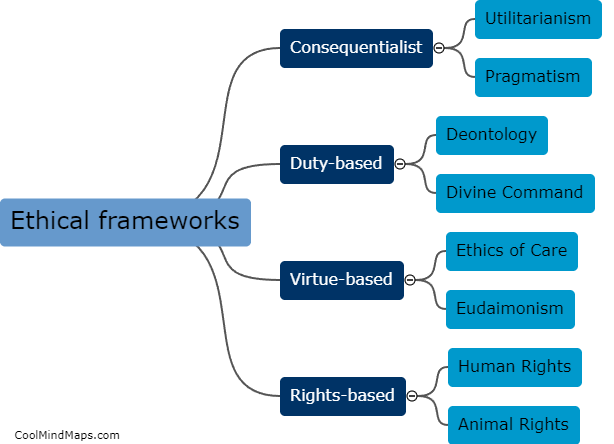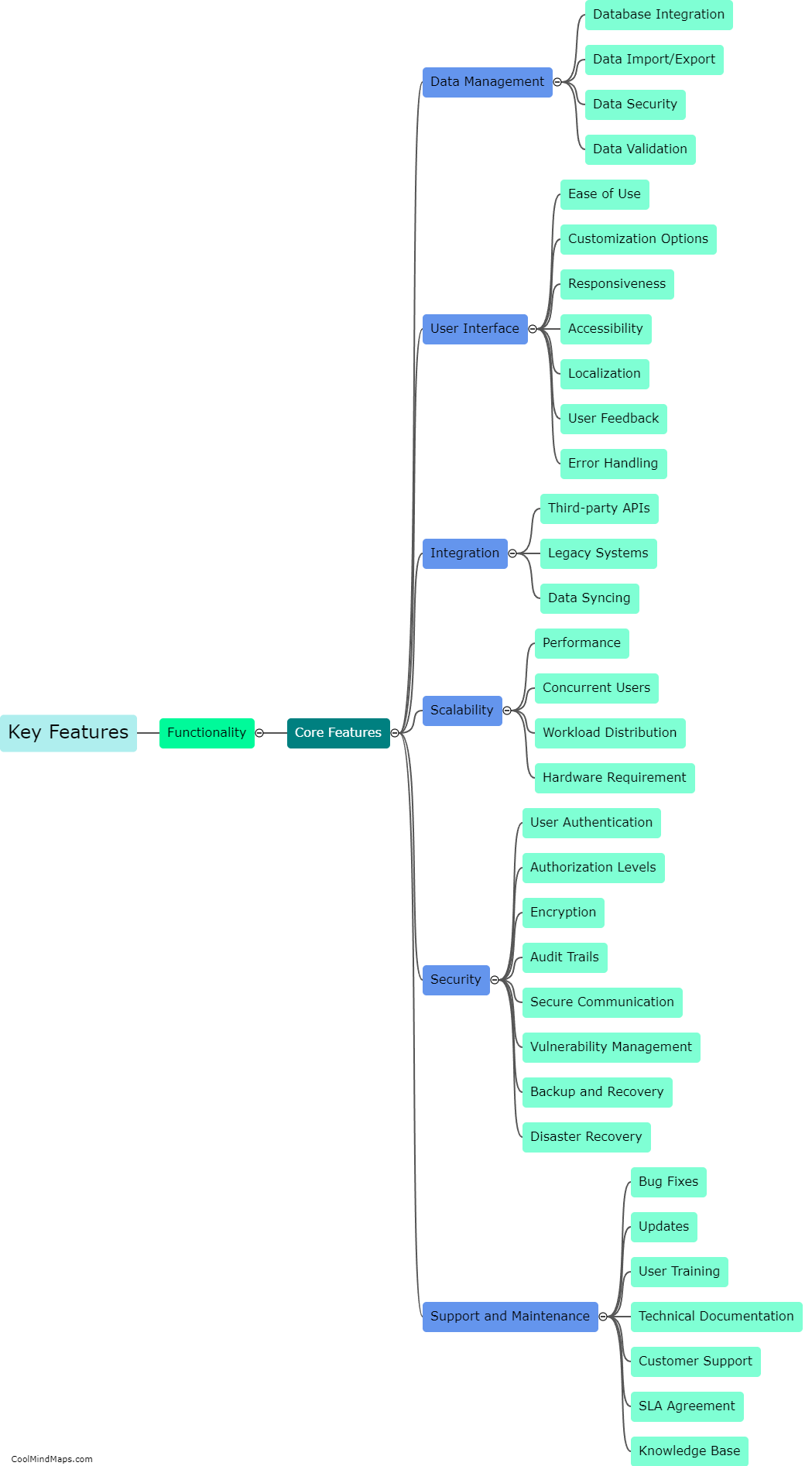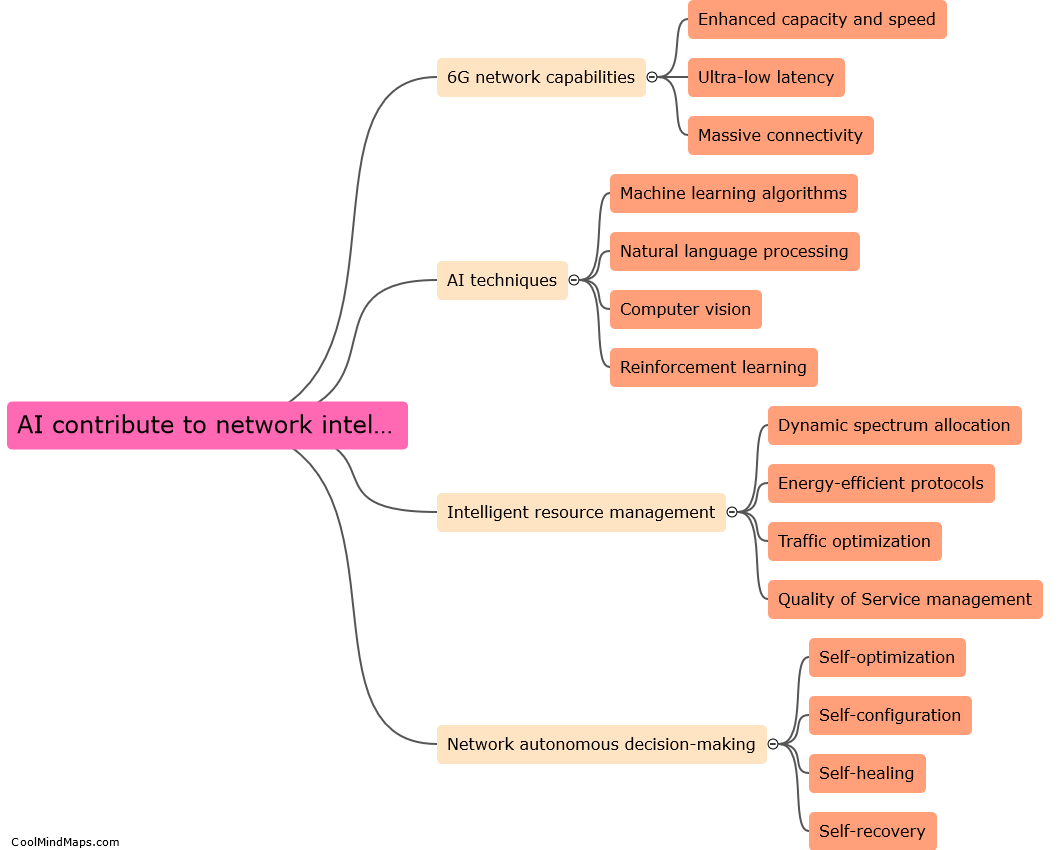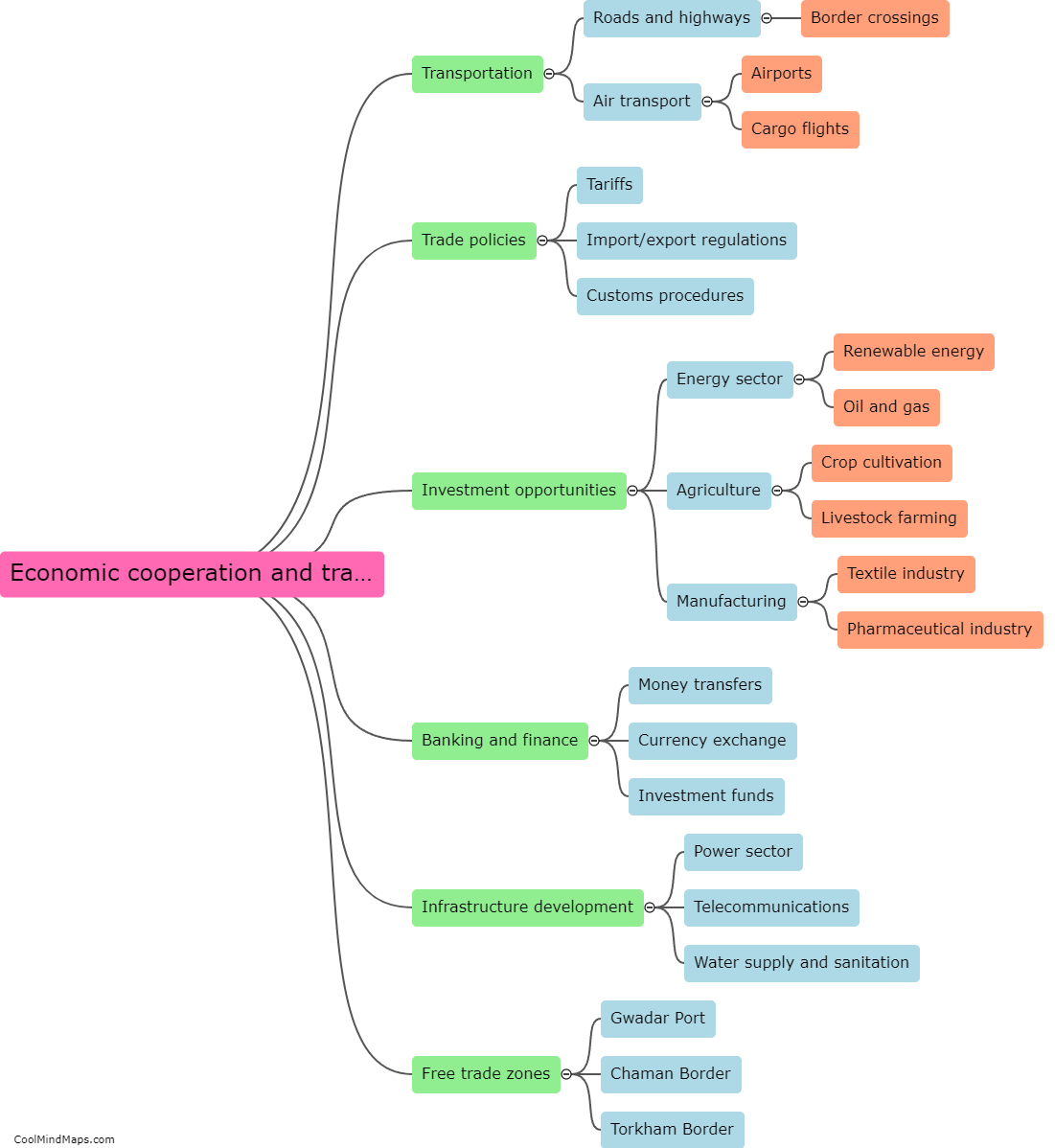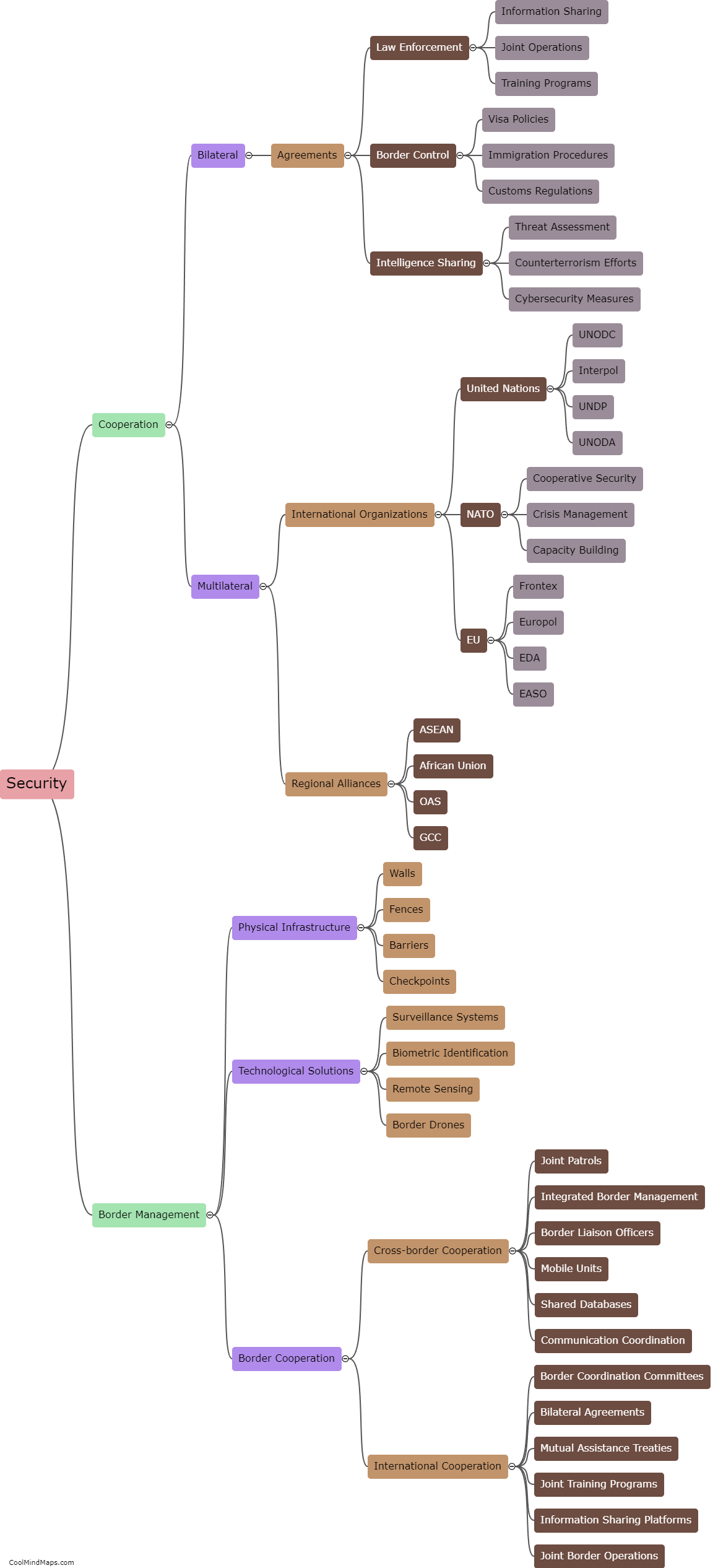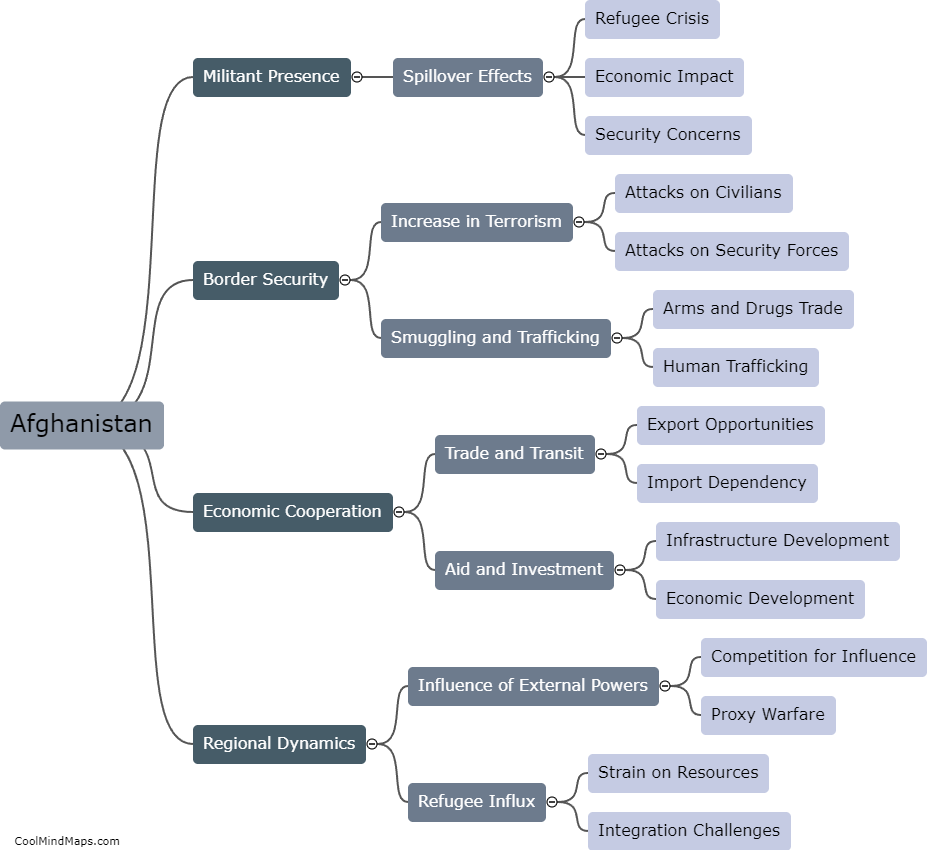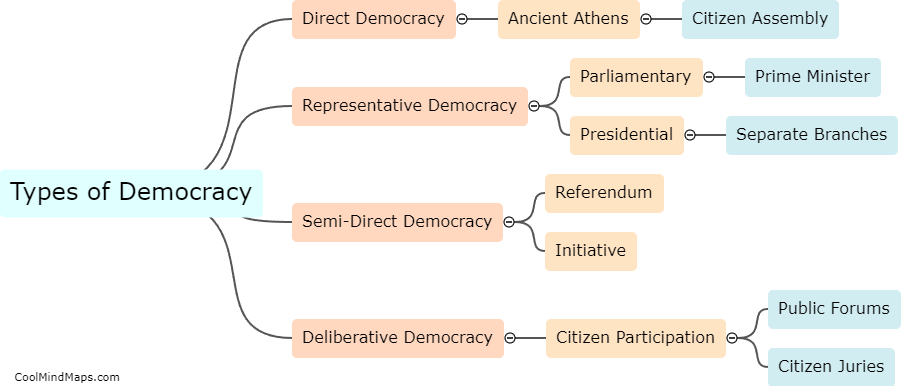What changes did the 18th Amendment bring to the provincial autonomy in Pakistan?
The 18th Amendment to the Constitution of Pakistan, introduced in 2010, brought significant changes to the provincial autonomy in the country. It aimed to decentralize power by transferring various authorities from the federal government to the provincial governments. The amendment granted greater autonomy to the provinces in areas such as education, health, forests, and agriculture. It also increased the share of financial resources for provinces by raising the national divisible pool from 47% to 57.5%. Furthermore, the 18th Amendment abolished the Concurrent Legislative List, which allowed the federal government to legislate on certain subjects concurrently with the provinces. Overall, the amendment played a crucial role in strengthening provincial autonomy and promoting a more balanced power distribution between the federal government and the provinces in Pakistan.

This mind map was published on 17 July 2023 and has been viewed 105 times.


